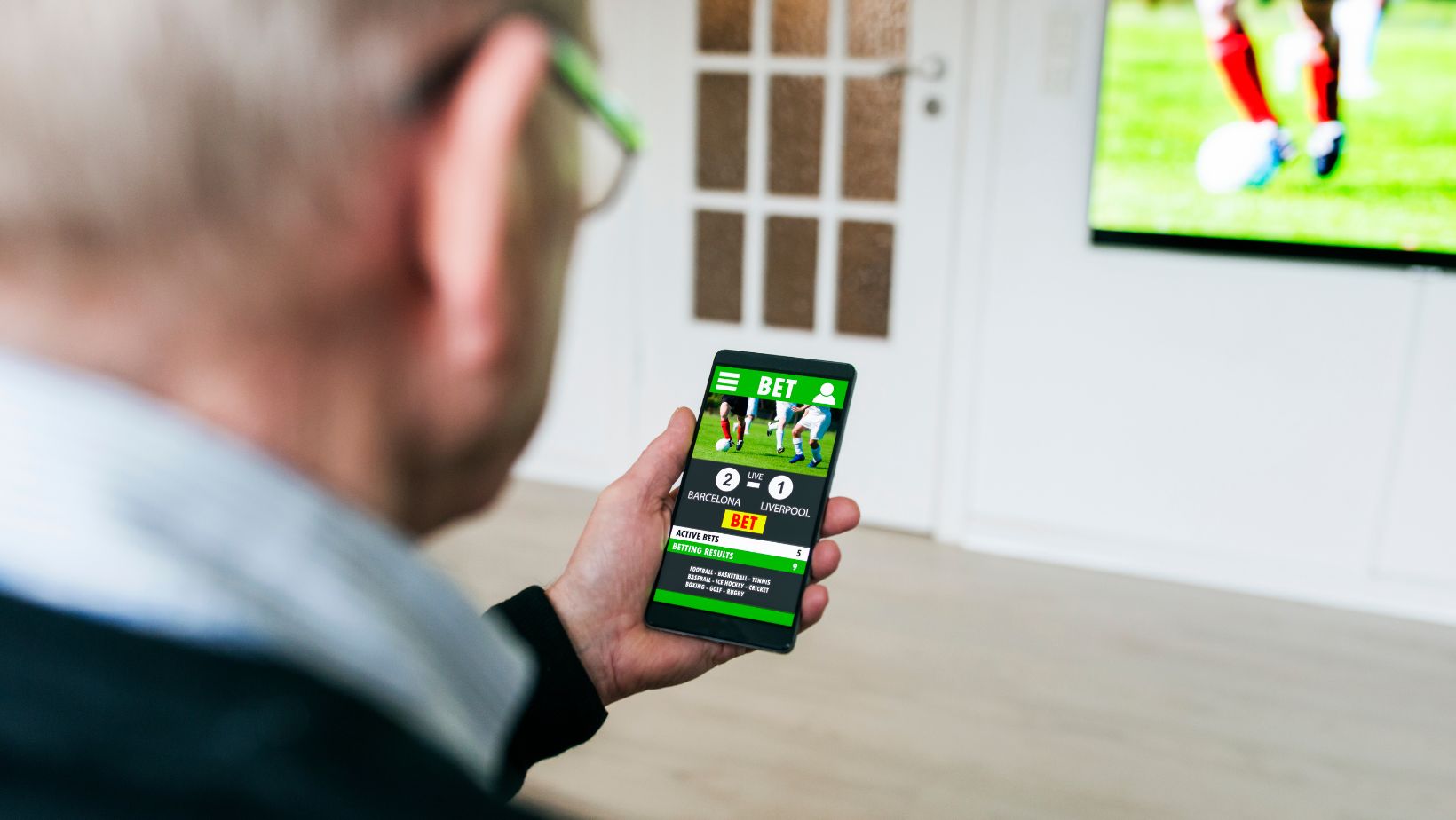Table of Contents
Within the world of online gambling and sports betting, a strategy has emerged that allows individuals to use the odds provided by different bookmakers in their favor. This strategy is known as matched betting and allows players to use mathematical systems and free bet bonuses to turn the odds in their favor.
Although the term matched betting might evoke skepticism for many, it is not a speculative approach but instead a well-thought-out technique used by thousands of bettors. This viable strategy has helped many bettors beat the bookmakers and, in some cases, even build a second income. If you would like to know more about this method so you can use it for yourself, then simply continue reading this article to learn more about matched betting.
Definition of Matched Betting
Matched betting is a process that involves covering all outcomes of an event to qualify for a free bet and then using said free bets to make a fixed profit.
How to Matched Bet
It’s important to understand the basics of matched betting before we show you examples and dive into more detail. The most important aspect of matched betting is the two different forms of bet you need to place. These forms of bets are ‘lay’ bets and ‘back’ bets.
A ‘back’ bet involves predicting a certain outcome to come true. More often than not, this involves predicting a team or horse to win. An example could be backing Liverpool to win. If Liverpool were to lose or draw, the bet would fail.
Then there is a ‘lay’ bet. A lay bet is where you bet against a team to perform a certain outcome. So, for example, if I were to place a lay bet on Liverpool, I would be predicting them to lose or draw. The concept of matched betting involves placing one of these bets each on the same fixture so that no matter the result, you have it covered.
An Example of Matched Betting
Let’s create a hypothetical in which a bookmaker is running a promotion in which you receive a $10 free bet if you place a bet of $10. Within this hypothetical, we will also be betting on a coin toss for simplicity.
If you place a $10 bet on heads and a $10 bet on tails, you won’t win any money, and you won’t lose any money as the odds will cancel each other out. No matter the result, you will win $20, but you will have spent $20 on the bets. However, despite not making any profit, you will have qualified for the free bets.

Now, if you were to repeat the process using a $10 free bet on the same bet, you would be guaranteed a $10 profit. This is because no matter which side the coin lands on, you will make $20; however, you will have only spent $10 as the other bet was covered by the free bet.
In the real world, events can have more than 2 outcomes, like football matches, for example. Furthermore, fixtures will not have such even odds, so although the same principle applies to actual matched betting, it is important to research the fixture you intend to bet on to ensure it is actually viable for matched betting.
This is where betting tools can help. Sites such as ProfitDuel provide matched betting calculators and calendars, which makes finding a suitable bet much easier. Matched betting calculators can be useful in checking the expected profits from a matched bet, and odds matches can help you find suitable bets within minutes.
Betting Exchanges
As we have previously mentioned, in order to match bets, you need to place back and lay bets. Back bets are very common in regular sports betting and, therefore, are understood by the vast majority of players. Lay bets, on the other hand, are not used by the average punter, and therefore, understanding how to place them can be somewhat trickier.
In order to place lay bets, you must use a betting exchange. Betting exchanges are very similar to bookmakers, with one key difference. In betting exchanges, you are placing bets against teams, people, or horses. Betting exchanges allow users to propose a bet they want to place. If another user is happy to take the bet, the bet becomes ‘matched.’ The second user effectively plays the role of the bookmaker.
Understanding Betting Odds
In the UK, the most common form of betting odds are fractional. Fractional odds are presented as a fraction with the denominator showing how much you need to place to earn the numerator. So, for example, if a bet has odds of 4/1, then placing $1 will net you $4. Then, you add back your original stake, and you are left with a win of $5.

Then there are the classic American odds. This form of betting uses + and – symbols to show whether or not a team, player, or horse is an underdog or favorite. If a team is a -150 favorite, then this means you must risk $150 to earn $100. Alternatively, if a team is +150 underdogs, you must wager $100 to win $150.
However, when matched betting, we recommend using decimal odds as they allow you to quickly view the odds of an event and compare them without needing to do any complex calculations. Decimal odds are very simple, so let’s say a team has odds of 1.5, and you place a bet worth $10, then you will end up with $15. You simply multiply your bet by the decimal to find out the expected returns.
Summary
This has been our guide to matched betting. We hope you found this useful so you can apply this strategy for yourself. If you need any more help developing your understanding, then we recommend using matched betting tools and software such as ProfitDuel to further your knowledge.





